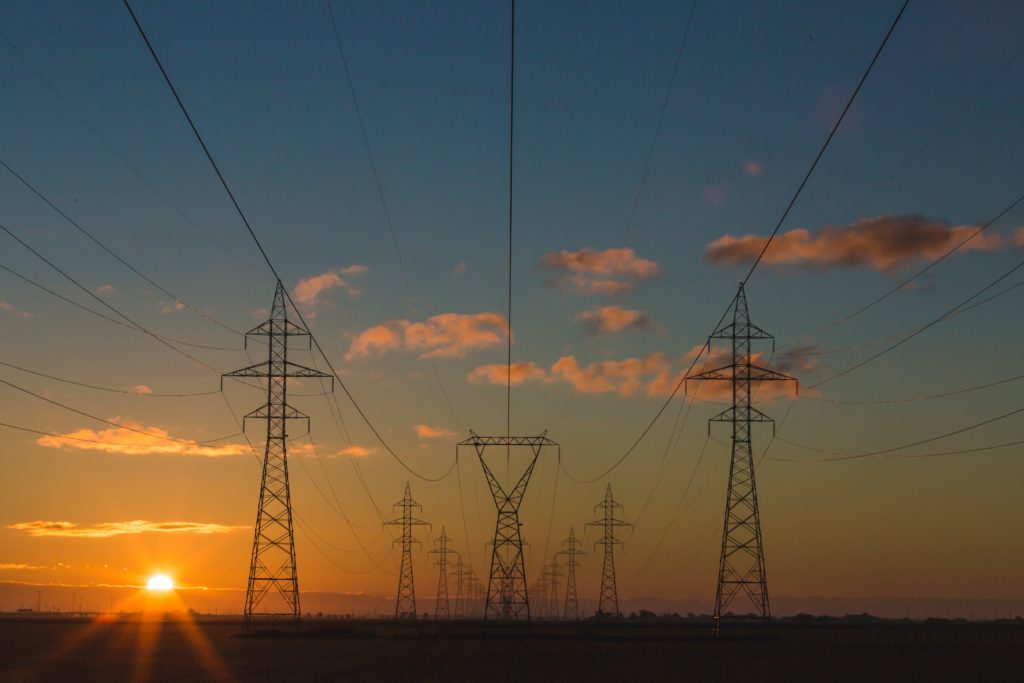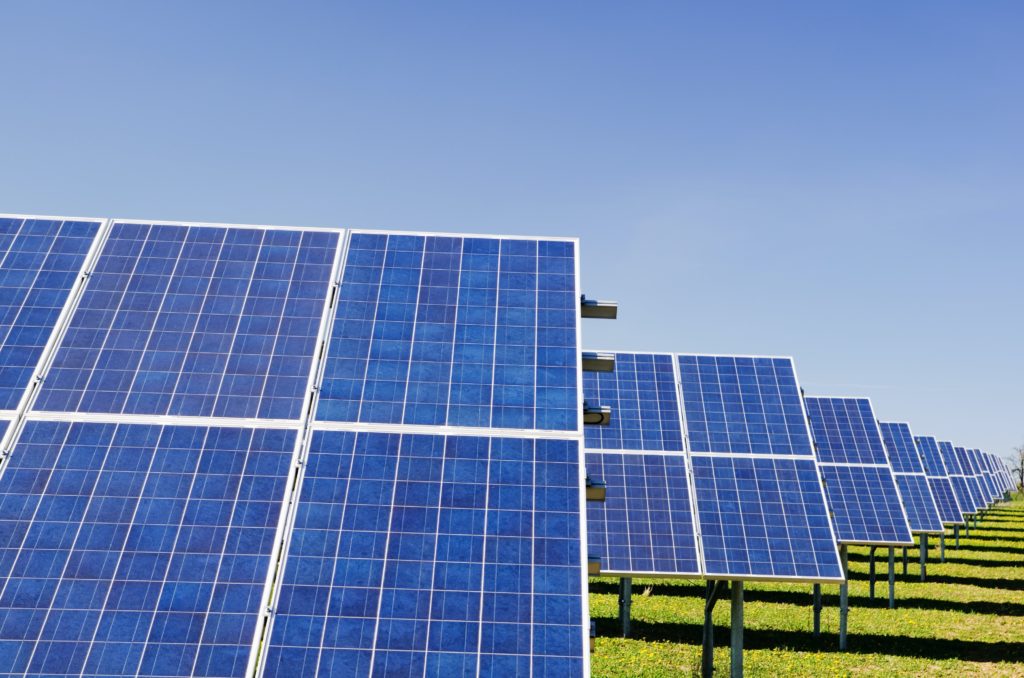
Kuran Singh discusses Birmingham's Green Economy and how the low-carbon sector is continuing to grow to make positive change. This blog post was produced for inclusion in the Birmingham Economic Review for 2022. The annual Birmingham Economic Review is produced by the University of Birmingham’s City-REDI and the Greater Birmingham Chambers of Commerce. It is an in-depth exploration of the economy of England’s second city and a high-quality resource for informing research, policy and investment decisions. This post is featured in Chapter 5 of the Birmingham Economic Review for 2022, on opportunities and building on the strengths of the region. Read the Birmingham Economic Review Visit the WMREDI Data Lab to find out more about Birmingham.
What is a Green Economy?
A Green Economy is a low-carbon, resource-efficient economy that drives growth in employment through investment into infrastructure and assets that enable reduced carbon emissions and pollution. A Green Economy is an economy that encompasses the principles of sustainability.
Analysis from Deloitte shows a shift towards a Green Economy in the UK will create a significant number of new jobs highlighting the potential of the Hydrogen sector in creating 8-10,000 new jobs by 2030 and potentially 100,000 jobs by 2050. The future of the economy lies in green jobs, something Deloitte recognise highlighting the fact that green jobs increased by 8% from 2021-2022 compared to total UK employment which only increased by 0.5%. This is significant as not only does it show a shift towards a Green Economy, but it also shows how the Green Economy has fuelled the post-pandemic recovery.
Birmingham’s Green Economy
Birmingham is a region committed to being at the forefront of the Green Economy. The low-carbon sector is continuing to grow within the region. Indeed, Greater Birmingham and Solihull LEP’s (GBSLEP) Low Carbon and Environmental Goods and Services (LCEGS) sector was worth £6.3bn to the GBSLEP’s economy in 2019/20, indicated by the value of sales in the sector. These sales were generated by over 2,800 businesses that employed 48,000 people in the sector in 2019/20 as highlighted by Sustainability West Midlands. Furthermore, employment across GBSLEP’s Low Carbon and Environmental Goods and Services sector in 2019/20 was 48,322, which increased from 41,408 in 2017/18. It’s clear that the Green Economy has significant value to Birmingham, with increasing levels of jobs, businesses and investment being seen across the region.
There are numerous practical examples of Birmingham and its commitment to the Green Economy. For example, Tyseley Energy Park (TEP) is at the centre of energy innovation in Birmingham and the West Midlands, stimulating and demonstrating new technologies and looking to turn them into viable energy systems that will contribute to Birmingham’s commitments to reduce CO2 emissions by 2030.

Birmingham and its commitment to climate change
Birmingham’s commitment to climate change has been consistent in its actions. In June 2019 the council declared a climate emergency and committed to reducing the city’s emissions, limiting the impact of the crisis. Birmingham aims to become net zero carbon by 2030. This is the city’s ‘route to zero’ (R20). Not only is a strong and promising Green Economy emerging, but the Commonwealth Games are also expected to have been the most sustainable games yet with organisers anticipating that the games were carbon neutral. Furthermore, Birmingham introduced the Clean Air Zone which is in operation all year round- the clean air zone targets an area where action was needed to improve air quality by penalising the use high polluting vehicles.
Not only is the city looking to become more carbon neutral, but it’s also important to note the efforts being made to make the region a greener place to live.

Smithfield – Birmingham
The Smithfield redevelopment is planning to ensure a greener site with over 500 trees and a range of vegetation suited to the Birmingham climate. Ambitions for a greener city were also seen in the redevelopment of Perry Barr with plans to improve access to the natural environment and support engagement with nature, on top of the zero carbon and energy efficiency measures that were adopted in infrastructure development.
Climate change is a hugely important matter that cities across the world have to deal with. Birmingham is a city at the forefront of sustainability efforts with plans being built around sustainability initiatives, and action being taken. Combined with a thriving green economy, it’s clear that the future of the city is green.
This blog was written by Kuran Singh, Greater Birmingham Chambers of Commerce.
Disclaimer:
The views expressed in this analysis post are those of the authors and not necessarily those of City-REDI / WMREDI or the University of Birmingham.
